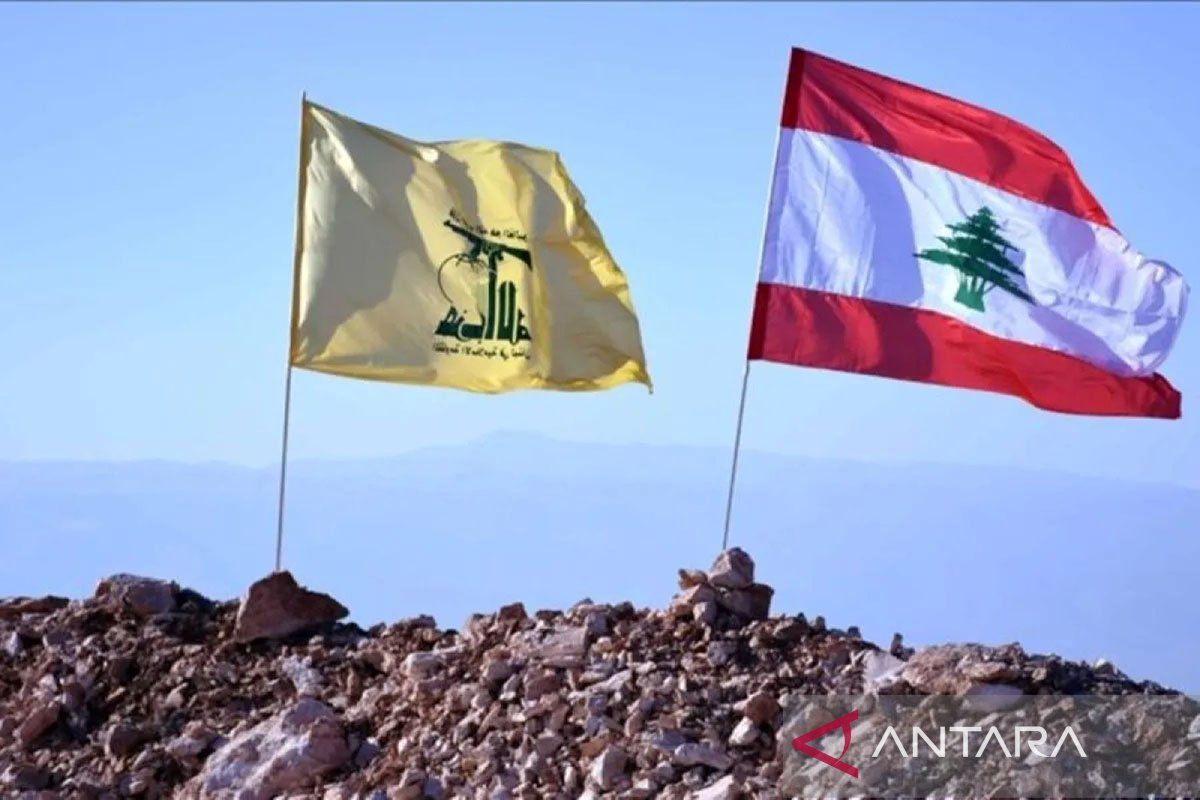
Hizbullah ubah wilayah pendudukan Israel menjadi “kota hantu”
Hizbullah, a Lebanese militant group, has successfully transformed the occupied territories of Israel into what they are calling a “ghost city.” This development marks a significant victory for the group in their ongoing conflict with Israel.
The transformation of these territories into a ghost city is a strategic move by Hizbullah to disrupt and undermine the Israeli occupation. By rendering these areas uninhabitable and unusable, they are effectively denying Israel control over them and creating a psychological impact on the occupying forces.
Hizbullah’s tactics include targeted attacks on infrastructure, such as power plants, water facilities, and roads, as well as launching rockets and missiles into the area to create a sense of fear and insecurity among the occupying forces. These actions have not only caused extensive damage to the region but have also forced Israeli civilians and soldiers to evacuate the area, leaving it deserted and desolate.
The transformation of these territories into a ghost city has also served as a powerful propaganda tool for Hizbullah, showcasing their ability to resist and challenge the Israeli occupation. The group has been able to garner support from both the Lebanese population and the wider Arab world by demonstrating their resilience and determination in the face of overwhelming odds.
Furthermore, the ghost city has become a symbol of resistance and defiance against Israeli aggression, inspiring other groups and individuals in the region to take a stand against occupation and oppression. Hizbullah’s success in turning the occupied territories into a ghost city has raised the group’s profile and strengthened their position as a formidable force in the region.
However, while Hizbullah’s tactics may have achieved short-term gains in the conflict with Israel, the long-term implications of their actions remain uncertain. The transformation of these territories into a ghost city has created a humanitarian crisis, with thousands of displaced civilians left without access to basic necessities such as food, water, and shelter.
Moreover, the continued violence and instability in the region have raised concerns about the potential for further escalation and the risk of a full-scale war breaking out between Hizbullah and Israel. The international community must act swiftly and decisively to address the root causes of the conflict and work towards a peaceful resolution that respects the rights and aspirations of all parties involved.
In conclusion, Hizbullah’s transformation of the occupied territories into a ghost city represents a significant development in the ongoing conflict with Israel. While the group’s tactics have achieved tactical gains, the long-term consequences of their actions remain uncertain. The international community must work towards a peaceful resolution to the conflict to prevent further suffering and instability in the region.